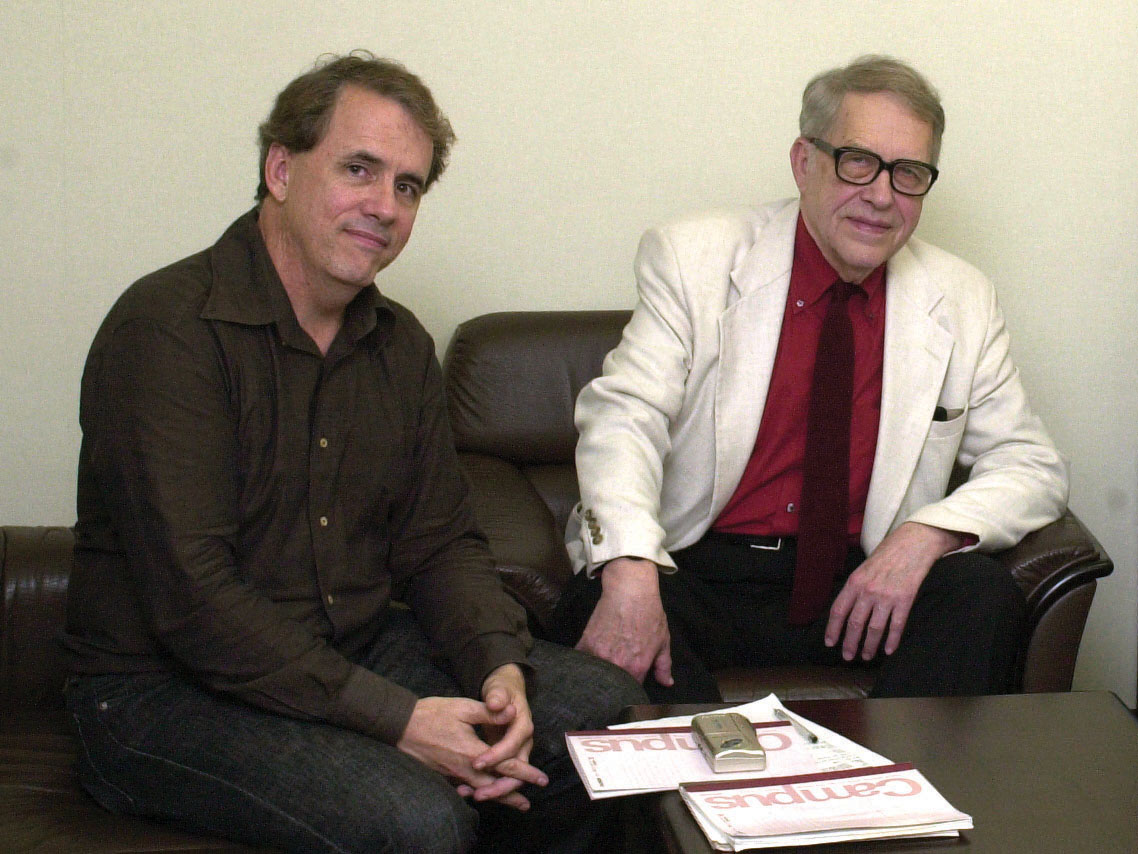Donald Richie was my friend and mentor for more than 20 years and my inspiration before that. When I was preparing to come to Japan for the first time in 1975, I read many books about the place, but Donald's masterpiece "The Inland Sea" was the one that entranced me. My first long trip after my arrival was to — where else? — the Inland Sea, with the woman who would become my wife.
I didn't meet Donald until 1991, however. I had been writing film reviews for The Japan Times for about two years, with him very much in mind, when he sent me a complimentary note about one — my first-ever fan letter. I was over the moon: My hero had validated me, though he was similarly generous with many other younger film writers and scholars, I was later to realize. Donald was hardly a saint, but territoriality and the competitiveness that goes with it were foreign to his makeup. (What did the writer of "The Films of Akira Kurosawa" and "Ozu: His Life and Films," as well as other seminal texts on Japanese cinema, have to fear from the latest successor to his old reviewing gig?)
Not long after, we shared a bullet train from Tokyo to Odawara: The then editor of The Japan Times Weekly had invited us to his apartment there for a contributors' party. The thought of boring the author of "The Inland Sea" on a long train ride terrified me, but Donald immediately put me at ease and I found, to my relief and delight, that we shared more than a thing for Kurosawa and Ozu (he rated the latter higher than the former; I at the time, the opposite). We were both from small-town Ohio (he Lima, me Zaneville), were both left-handed (though he had been "corrected" out of it as a child, to his regret) and, more importantly, could make each other laugh with wisecracks, though his came out sounding like epigrams.

















With your current subscription plan you can comment on stories. However, before writing your first comment, please create a display name in the Profile section of your subscriber account page.